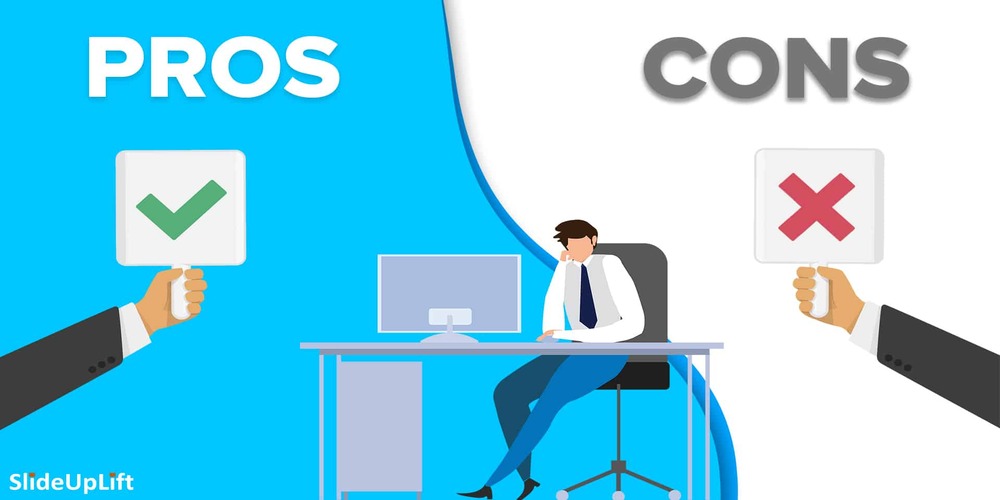Our goal at InstaEMI, a Loan Company happy to provide access to personal loans and education loan, car loan, home loan at competitive interest rates.

Both personal loan balance transfers and credit card balance transfers can be useful tools for consolidating debt and saving on interest charges. However, there are some key differences between the two options, and each has its own set of pros and cons.
Personal Loan Balance Transfer Pros:
Lower interest rate: Personal loans typically have lower interest rates than credit cards, which can help you save money on interest charges over time.
Fixed interest rate: Personal loans typically have a fixed interest rate, which means that your interest rate will not change over time.
Simplified payments: Consolidating your debt into one personal loan can make it easier to keep track of your payments and ensure that you don’t miss any due dates.
Improve credit score: By consolidating your debt and making regular payments, you may be able to improve your credit score over time.
Personal Loan Balance Transfer Cons:
Balance transfer fees: Some lenders may charge a fee for transferring your balance, which can add to the overall cost of the loan.
Limited time for promotional rate: Some lenders may offer a promotional interest rate for a limited time, after which the rate will increase.
Risk of defaulting: If you’re unable to make payments on the new loan, you risk defaulting and damaging your credit score further.
Credit Card Balance Transfer Pros:
No application or origination fees: Unlike personal loans, credit card balance transfers usually don’t have application or origination fees.
Promotional interest rate: Many credit card companies offer a promotional interest rate for a limited time on balance transfers, which can help you save money on interest charges.
Convenient: Credit card balance transfers can be done quickly and easily, and you can transfer multiple balances to a single card.
Credit Card Balance Transfer Cons:
Higher interest rate: Credit cards typically have higher interest rates than personal loans, which means that you’ll pay more in interest charges over time.
Variable interest rate: Credit card interest rates can change over time, which means that your interest rate may increase and make it more difficult to pay off your debt.
Temptation to incur more debt: Once your credit cards are paid off and closed, you may be tempted to incur more debt on those cards, leading to the same problem again.
In summary, both personal loan balance transfers and credit card balance transfers can be useful tools for consolidating debt, but they each have their own set of pros and cons. It’s important to consider your own financial situation and credit score before making a decision. It’s also important to compare offers from multiple lenders and carefully evaluate the fees, interest rates, and repayment terms of each option.